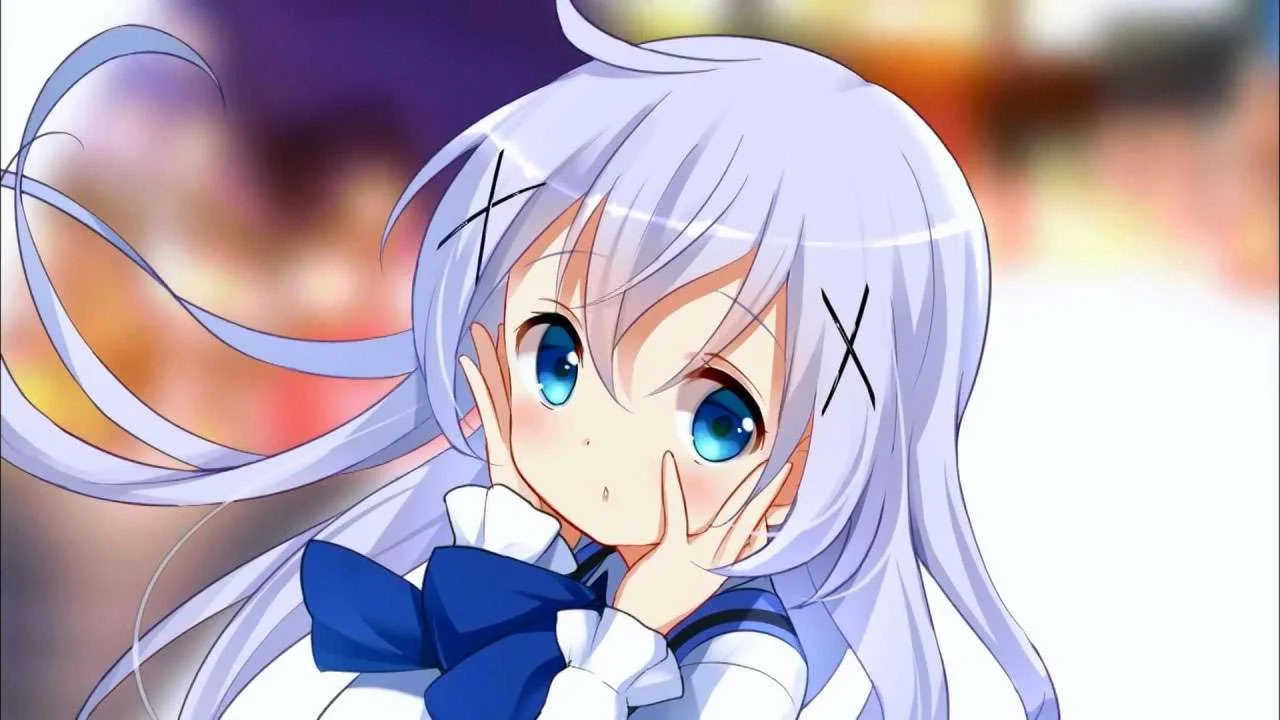(Washington Insider Magazine) – Is Loli illegal in the US? Loli refers to a portrayal of a young girl, an underage girl, or a character with childlike features, often found in the lolicon genre. This term is commonly associated with individuals with a sexual interest in young girls, focusing on their erotic attributes. The loli subculture traces its roots back to Japanese anime and manga, where such characters are frequently depicted.
When it comes to the legal status of loli in the United States, the situation is complicated and can change depending on the circumstances. Generally speaking, depicting explicit sexual content involving minors is strictly illegal and considered child pornography, as it exploits and harms children. However, the legal interpretation becomes more nuanced regarding animated or fictional representations.
While some argue that animated depictions of loli characters should be protected as a form of free speech and artistic expression, others believe such materials can still contribute to normalizing and perpetuating harmful fantasies involving minors.
Is Loli Illegal In The US
Is Loli illegal in the US? Yes, it is. In the United States, state and federal laws are in place to safeguard children from various forms of harm, such as child pornography, sexual offenses, child abuse, and other abuses. Loli refers to a type of explicit content that portrays minors engaging in sexual activities, and it falls under the jurisdiction of the federal PROTECT Act. If loli is found to be obscene and depicts an underage person involved in sexual conduct, it is considered illegal.
It is important to note that possessing any form of lolicon, whether in physical or digital format, can have serious consequences. Under federal law in the United States, individuals can be arrested and charged with a felony offense if found to have such explicit material.
Moreover, it’s crucial for everyone to be aware that consuming certain animated cartoons or similar content can lead to legal troubles.
Even if the depicted characters are animated, engaging in explicit sexual acts involving children can still be considered child pornography, and individuals may face legal charges. Therefore, it is important to exercise caution and adhere to the laws in place to protect children.
California Position in Loli
According to the legal code of California, the possession or creation of explicit material depicting minors engaged in sexual acts or simulating such actions is considered child pornography. However, it is important to note that the specific terms “loli,” “lolicon,” “shotocon,” or any related materials associated with Loli or Japanese anime are not directly addressed in California’s legislation.
In previous cases, the Court of Appeals in California established that child pornography involves the participation of actual children in creating such material. Applying this precedent, it can be argued that loli, which typically features fictional characters, does not fall under the category of illegal content in California.
Nevertheless, it is important to highlight that federal law precedes state law, and loli is considered illegal under federal statutes. Consequently, individuals who possess or view loli material, whether in digital form on their computers or any other medium, may face potential arrest and charges at the federal level.
Child Pornography in California
To convict someone of a child pornography charge in California, two crucial factors must be proven.
Firstly, it must be demonstrated that the individual was conscious of possessing prohibited material. Secondly, the state of California must establish that the person knew or reasonably should have known that the depicted individuals in the material were under 18 years old.
If the police apprehend someone with such material on their person or computer, proving the first factor becomes relatively straightforward. However, it can be challenging to convincingly demonstrate that the person was or should have been aware that the depicted individuals were minors rather than adults.
Final Words: Is Loli Illegal In The US
The legality of lolicon, a form of explicit or sexualized art depicting young-looking characters, in the United States remains a complex and debated topic. While the creation and possession of such material are generally protected under the First Amendment, there are certain circumstances where it can be deemed illegal.
The United States has laws prohibiting child pornography and obscenity. If the material crosses those boundaries by involving real children or depicting explicit sexual acts, it can be subject to prosecution. However, when it comes to fictional characters, the line becomes blurred, and the determination of illegality often depends on community standards, obscenity laws, and the court’s interpretation on a case-by-case basis.


























